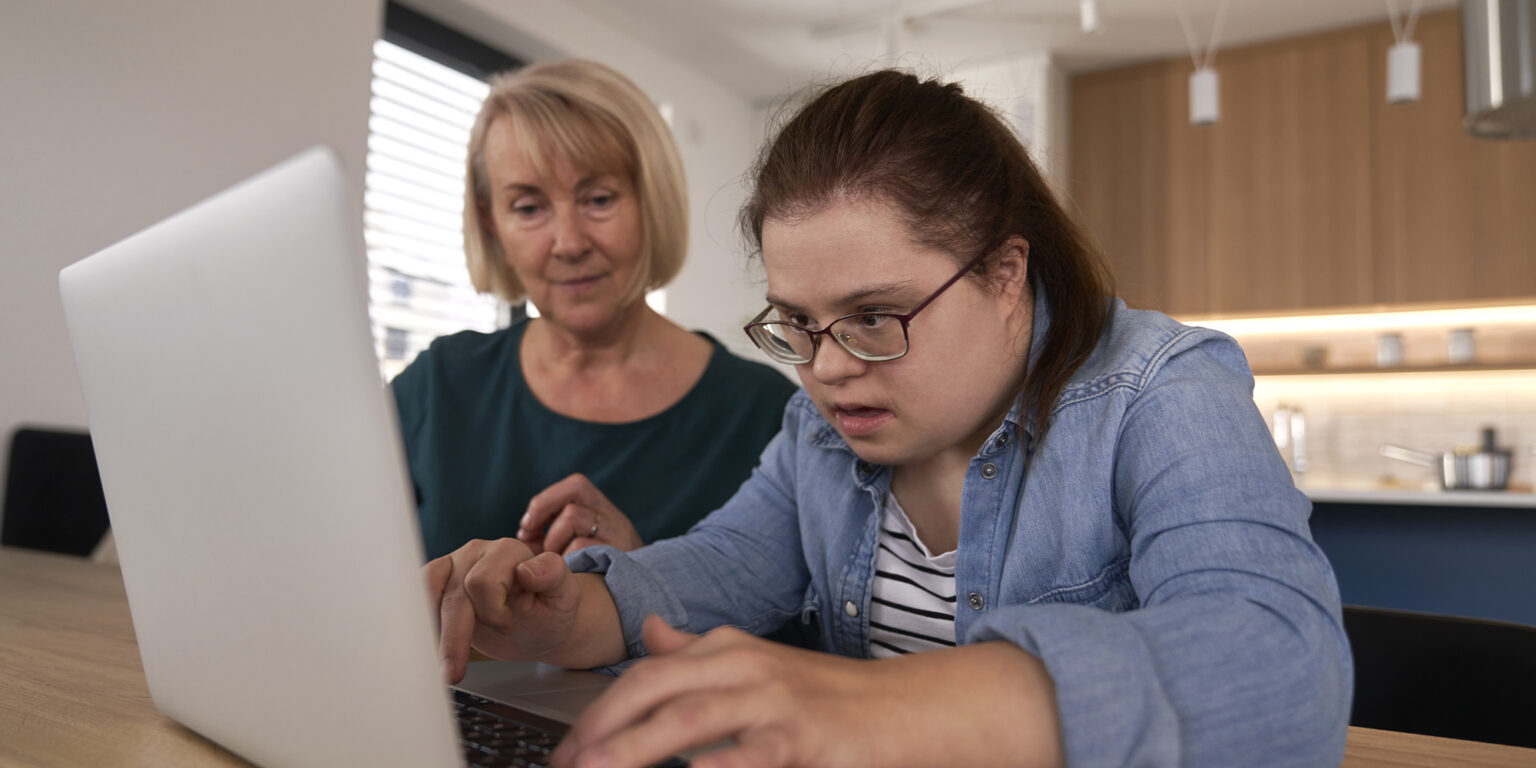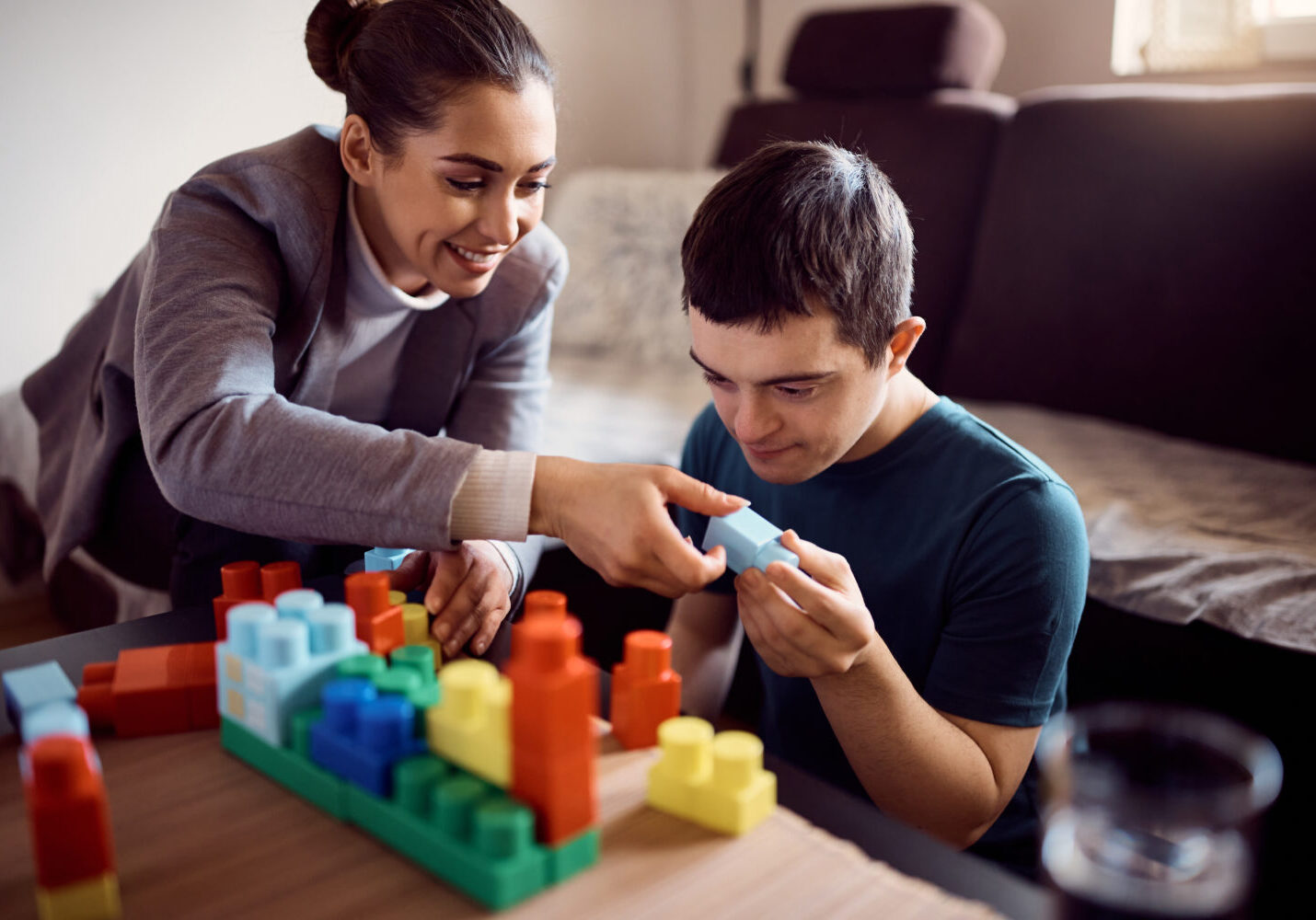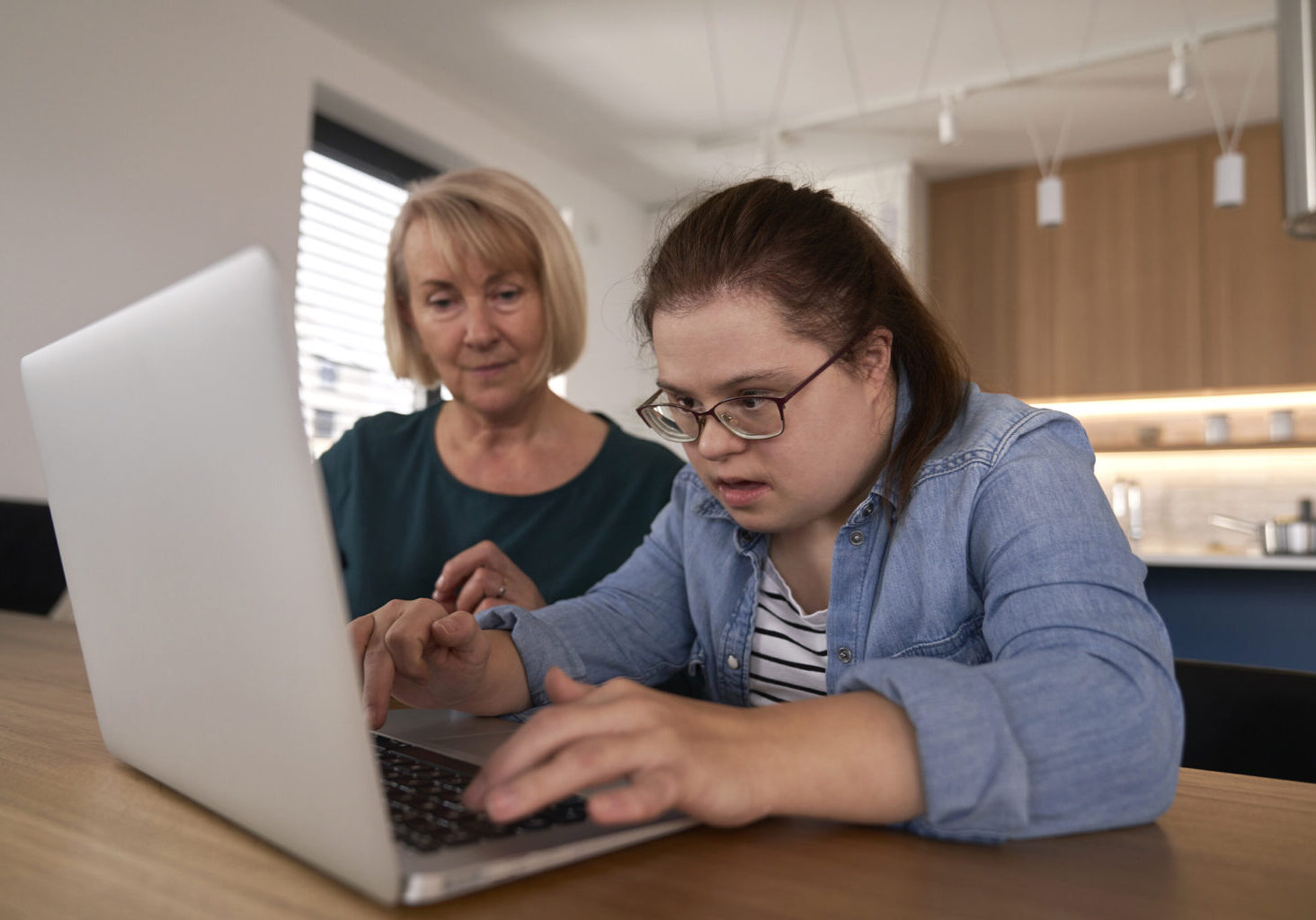
Building Independence Without Losing Connection
Every parent dreams of their child growing up and finding their own way in the world. But when your adult child has an intellectual or developmental disability, independence looks a little different. And that's okay.
You don’t have to choose between helping them grow and keeping them safe. You can do both.
Redefining Independence
Independence for someone with IDD doesn’t mean they’re completely on their own. It means they’re living as freely and fully as they can, with the right support in place. Maybe that’s having a job with a coach nearby. Maybe it’s learning how to use the bus, or preparing simple meals at home.
In North Carolina, services like Independence (Supported Living), AbleHaven (Community Living and Support), and ResourceGuide (Tailored Care Management) can provide the structure and assistance needed to foster independence at a pace that works for your family.
Practical Steps to Empowerment
Step

Teach one new skill at a time
Step

Use visual schedules or checklists
Step

Celebrate progress no matter how small
Whether the support comes from family, caregivers, or a trained professional, what matters most is that each step builds confidence. Families often use skill-building tools that focus on cooking, cleaning, personal hygiene, or safety planning.
Handling the Fear
Letting go is scary. It’s okay to admit that. But think of it this way: every step your child takes toward doing something on their own is a step toward dignity and self-worth.
You’ll always be their anchor. But they deserve the chance to explore their own wings, too. And knowing that there are coordinated services available can ease that transition.

When They Turn 18: Pre-Navigating Life at Age 18 and After Special Education Ends



